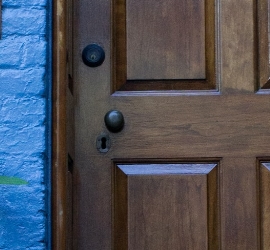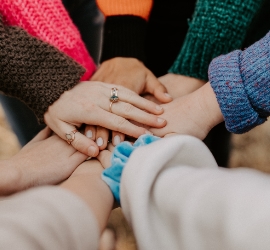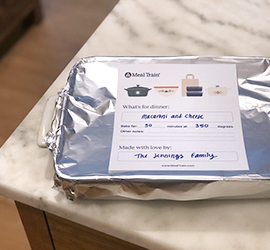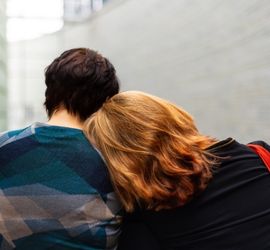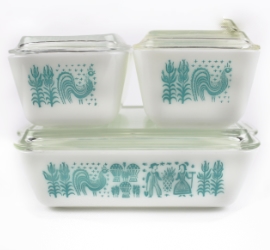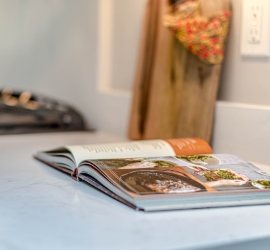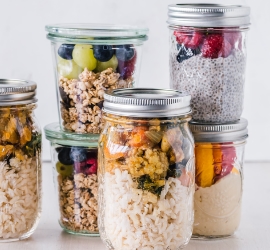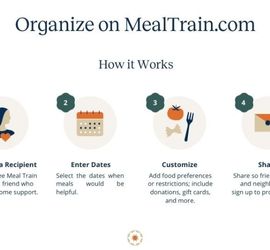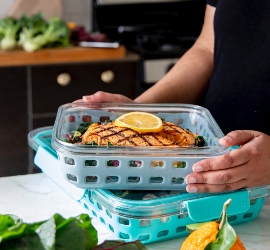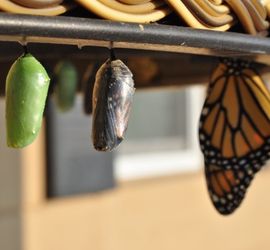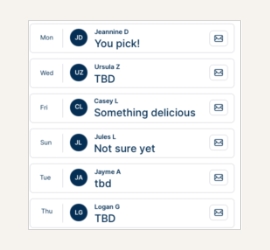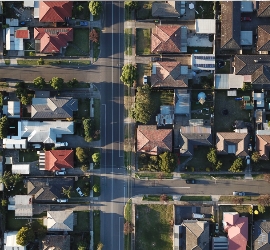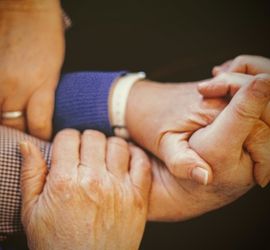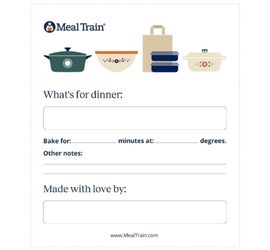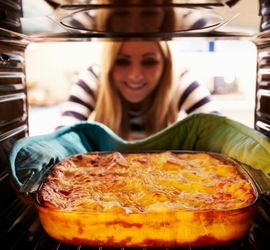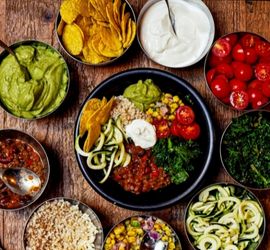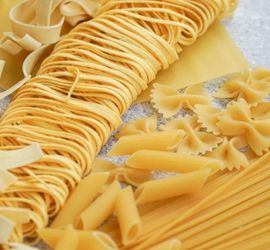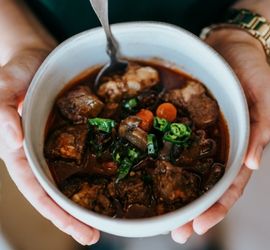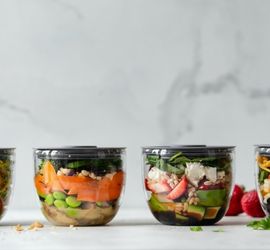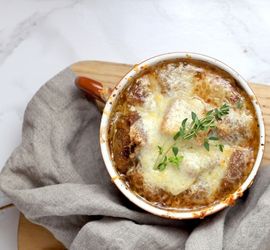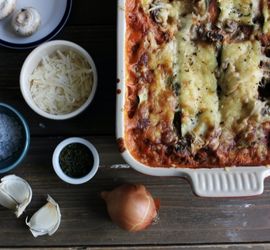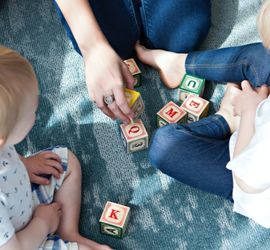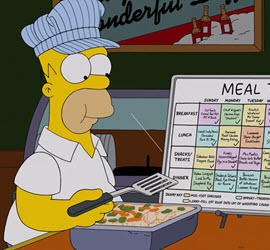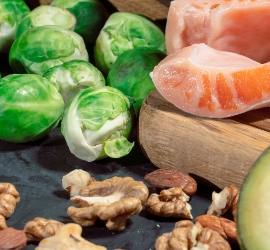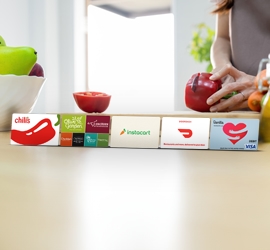“Appreciate the ones who show up for you. The ones you don’t even have to ask.”
This quote is at the essence of what it means to be a friend to another person. Yet, we sometimes worry about how others, especially our friends, family members, and acquaintances will perceive our actions. Is what we’re doing “enough” for them? Will they like the meal we make them? Will they think we spent enough on a gift? Will they notice when we don’t get the words quite right?
In all likelihood, no. They won’t notice any of that. They’ll notice and remember that we showed up for them in a time of need. If your worry about the details is holding you back from participating in a Meal Train for someone in need, here’s what you should remember.
You are the only one worried about the details
It can feel like a lot of pressure to show up for someone during their time of need. Will they like what I make them? Will it be enough food? Will it be too hot or too cold? Have they eaten what I’m bringing them recently? Will it travel well?
All these questions — and dozens more — are likely rushing through your brain. But according to the Journal of Experimental Psychology, you shouldn’t worry yourself with these questions. This study reported that givers tend to focus on the object (such as the meal), but receivers tend to concentrate on the emotions behind the act of kindness.
When you participate in a Meal Train as a giver, you may be worried about the meal itself, and this makes you hesitate. However, when you show up on a loved one’s doorstep, they’re only thinking about the way you made them feel. You are allowing them to feel loved, cared for, and remembered during their time of need.
You are reducing a burden
Think back to a time when you experienced exhaustion, loss, pain, or tragedy. What did you need from others during that time? You didn’t need everything to be perfect. You needed consistent support. You needed people to show up and help in whatever way possible. You couldn’t handle all the aspects of normal life in those moments and having others fill the gaps was essential to getting through those moments. By making a meal for someone in a time of need, you are showing you care and reducing their burden.
As co-founder Michael Laramee has said, “Meal Train is rooted in the idea that a meal is a symbolic gesture of one person’s willingness to help another. The meal is a vehicle that allows the giving party the opportunity to show they care, they hope to reduce a burden, and they will be there for the receiving party in the future. This outreach is a true interpersonal connection and is one that helps foster inter-dependence, dialogue, and compassion.”
You are spreading kindness
Studies find that givers systematically undervalue their positive impact on recipients. So, while you may not feel like you’re doing enough (or much of anything at all), a single meal can go a long way.
When you make a meal for a Meal Train recipient, you create a “ warm glow” in them that may spark a desire to do a charitable act for others in their community. By giving back to your community, you can inspire others to give back in the future.
Final thoughts
The power of a simple meal is incredible. If you can help someone in your community to get back on their feet, why wouldn’t you? Meal Train is designed for anyone who needs a little extra help — whether they’ve just had a baby, undergone surgery, or lost a loved one. Start a Meal Train here.



